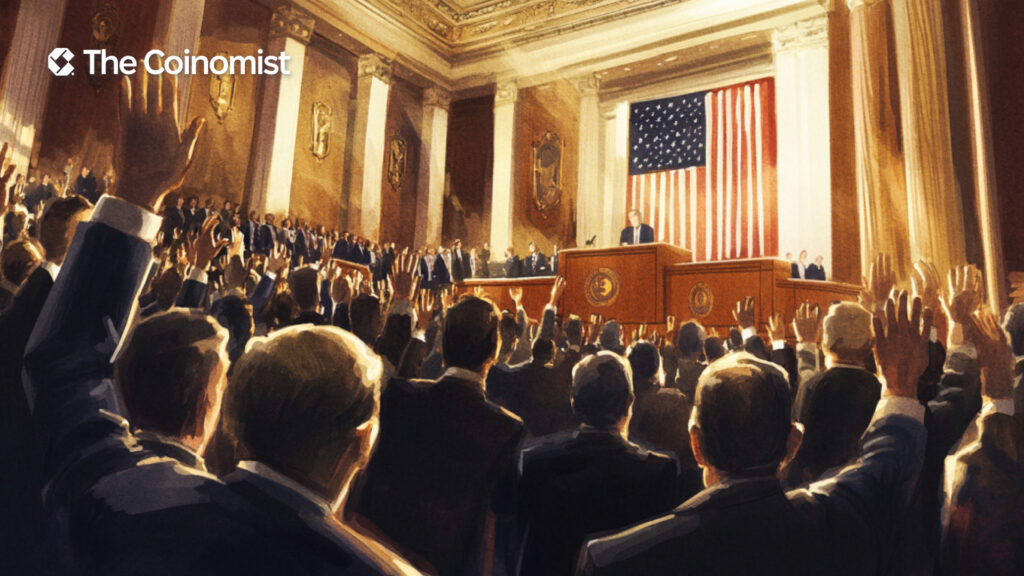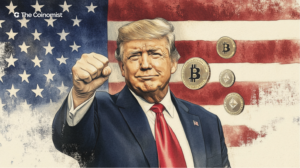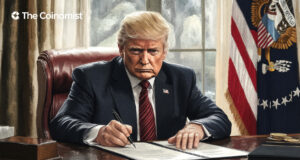House Committee Advances Stablecoin Regulation Bill Amid Crypto Debate

The U.S. House Financial Services Committee pushes forward a key stablecoin bill. It outlines strict reserve and anti-laundering measures for issuers.
On this page
Big move on Capitol Hill: the STABLE Act just passed a House committee vote (32–12), bringing stablecoin regulation one step closer to reality. It’s a clear sign the U.S. is getting serious about laying down rules for crypto—and it could reshape the market.
The bill would force stablecoin issuers to maintain solid reserve backing and follow AML rules aimed at curbing money laundering risks.
The STABLE Act sets a clear mandate: any stablecoin circulating in the United States must be tied to the U.S. dollar, supported by full 1:1 reserve holdings.
Beyond fiscal stability, the bill also lays down a framework for responsible usage—implementing robust anti-money laundering provisions to make the crypto space safer, cleaner, and more accountable.
A two-year grace period has been built into the legislation for foreign issuers, such as Tether (the company behind the largest-cap stablecoin USDT), to adapt to the new American compliance standards. If they fall short of these requirements after that span, they risk losing access to the U.S. market.
The bill continues its journey through the House of Representatives; however, its enactment hinges on securing the Senate’s endorsement. Should both houses pass the bill, it will head to the president’s desk to be signed into law.
Check this out: Senate Banking Committee Passes Stablecoin Bill
STABLE Act Faces Political Backlash Over Trump Ties
The STABLE legislation is entangled in a web of political and legal challenges stemming from Donald Trump’s active presence in the crypto sector. Critics point to the former president’s business entanglements and personal stake in digital assets as a source of ethical concern, suggesting that his influence may compromise the bill’s impartiality.
Democratic Representative Maxine Waters has voiced strong objections, warning that the proposed law could entrench Trump’s influence in the crypto market and pave the way for self-dealing, ultimately undermining fair competition and regulatory transparency.
The bill’s path is likely to be anything but smooth. When Trump’s name enters the conversation, many lawmakers start to question whether the process can truly be fair and transparent—raising fresh hurdles for the legislation to clear.
Read on: Trump’s Impact on the Crypto Market: Expert Opinions
The content on The Coinomist is for informational purposes only and should not be interpreted as financial advice. While we strive to provide accurate and up-to-date information, we do not guarantee the accuracy, completeness, or reliability of any content. Neither we accept liability for any errors or omissions in the information provided or for any financial losses incurred as a result of relying on this information. Actions based on this content are at your own risk. Always do your own research and consult a professional. See our Terms, Privacy Policy, and Disclaimers for more details.
























